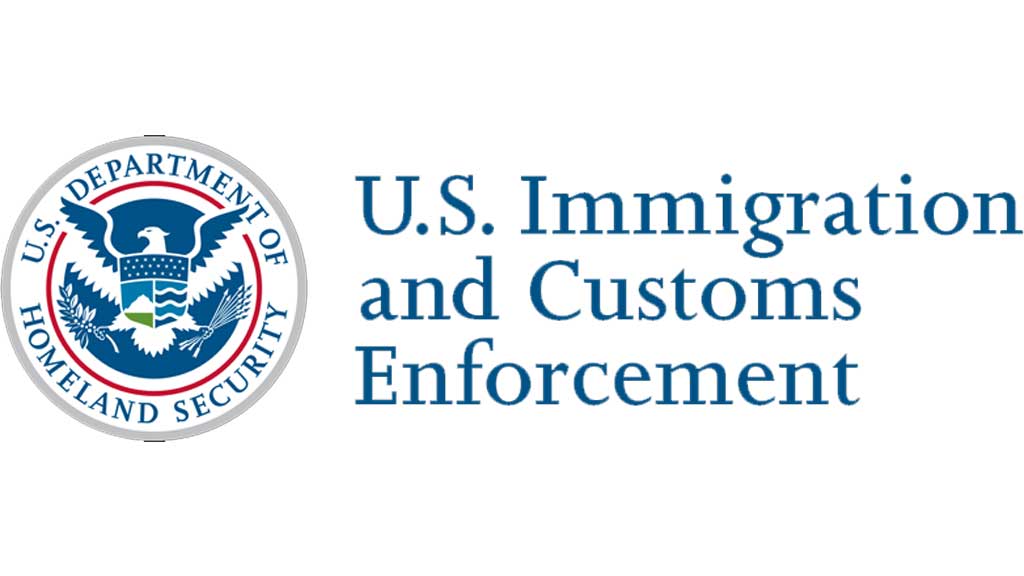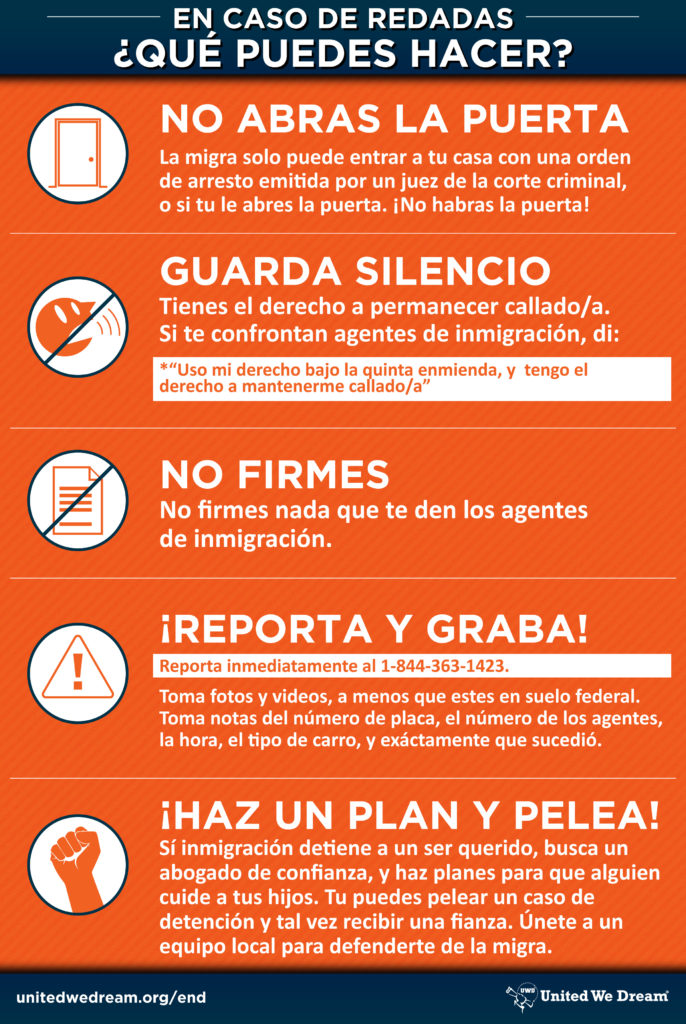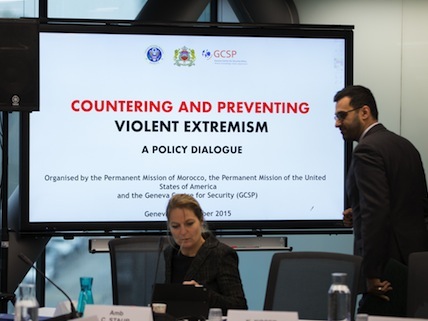What We Talk About When We Talk About (White) Class
To-day, I’m reading: Yet Another Magazine Think-Piece on What So Many People Don’t Get About the U.S. Working Class.
. This one is from Joan C. Williams. It’s better than some,[1] much the same as others. Or at times a bit worse worse: The I do not defend police who kill citizens for selling cigarettes. But…
maneuver of cultivating sympathy by dodging blame is stronger in this than in the average hand-wringing piece. In any case, The Atlantic publishes this article regularly about once every 9-18 months; of course the rate ticks up in an election year.
Shared Article from Harvard Business Review
What So Many People Don't Get About the U.S. Working Clas…
The reasons for Trump's win are obvious, if you know where to look.
hbr.org
But what I want to look at here is where this article is in the Definitional Chairs game for White Working Class.
What’s interesting about it is that it’s relatively overt about what talk about class
— or, more precisely, white class
— seems to be increasingly employed to do, which is not actually to talk about class in the sense of income, wealth, or economic status — let alone something as wonky as relationship to the means of production. If it’s intended to mark socio-economic status, working class
here leans very heavily on the socio
and not on the economic.
So, for example, we find out that William’s subject is not mainly the white working poor (except when it’s convenient to expatiate on their problems); it’s mainly white people making around $64,000 a years:
The terminology here can be confusing. When progressives talk about the working class, typically they mean the poor. But the poor, in the bottom 30% of American families, are very different from Americans who are literally in the middle: the middle 50% of families whose median income was $64,000 in 2008. That is the true
middle class,and they call themselves eithermiddle classorworking class.
Overtly, constantly throughout the entire piece, the metric that Williams uses for white class
is white educational attainment. And the analysis based on data about white educational class is drawn entirely from data, or from stereotypes, about the distinctive white subcultures marked out by spending time in, or avoiding, the culture of four-year colleges and universities.[2]
This definitional move becomes the most thoroughgoing when Williams’ writing simply makes it implicit. For example, her claim that:
But women don't stand together: WWC [White Working Class] women voted for Trump over Clinton by a whopping 28-point margin — 62% to 34%. If they'd split 50-50, she would have won. (Williams)
… is sourced to a New Yorker election postmortem article by John Cassidy. The passage from the New Yorker article that Williams is closely paraphrasing doesn’t say anything about working-class;
what it says is white women without college degrees,
which Williams has simply read and re-written as working class:
White women without college degrees, who make up about seventeen per cent of the voting-age population, voted for Trump over Clinton by a whopping twenty-eight-point margin, sixty-two per cent to thirty-four per cent. If the members of this group had split their votes fifty-fifty, say, they would have delivered a victory to Clinton. But, to a large extent, they voted with their male peers. (Cassidy)
I don’t think Williams is an exceptional case here. I think what she is doing is in fact pretty typical. It’s not the only thing we do when talking about class
or, more circumspectly, about class divides among American white folks. But it’s one of the things that people do a lot. The class divides or class conflict in an awful lot of recent think-piece writing putatively about socioeconomic class isn’t between employees and owners but rather something consistently spelled out in terms of statistics about the economic, social and cultural gaps between white people who don’t have four-year college degrees and professional-class white people who do. This is a divide that has obvious economic implications (how long you went to school and what you did there affects what kind of jobs you get) but it’s not primarily an economic division. It is a sociological division. If you want to know why people talking about class or especially speculating about white class divides say what they say, — from just about any political standpoint, left or right — then the first thing to do is to keep in mind that they are talking about something that is as much produced by subculture and institutional cultures within American schools and jobs as it is by any measure of income or wealth. If you want to know why the latest magazine think-piece about Class In America says what it says, the first thing to ask is almost certainly not much of anything to do with the means of production; it’s what the author is thinking and saying, first, about race; and second, about college.
- [1]Because among other things it doesn’t spend too much time on Let Us Now Praise Famous Men poverty-porn gawking (although it briefly refers to that:
… a wave of despair deaths in the form of the opioid epidemic
), and because despite the usual difficulties, it is relatively up-front in the fact that it’s stipulating a definition ofworking class
which is not the same as what Progressives might go into it expecting, etc.↩ - [2]For example:
Class migrants (white-collar professionals born to blue-collar families) report that "professional people were generally suspect" and that managers are college kids "who don't know shit about how to do anything but are full of ideas about how I have to do my job," said Alfred Lubrano in Limbo.
. . . WWC men aren't interested in working at McDonald's for $15 per hour instead of $9.50. What they want is what my father-in-law had: steady, stable, full-time jobs that deliver a solid middle-class life to the 75% of Americans who don't have a college degree. Trump promises that. I doubt he'll deliver, but at least he understands what they need.
. . . Massive funding is needed for community college programs linked with local businesses to train workers for well-paying new economy jobs.
. . . National debates about policing are fueling class tensions today in precisely the same way they did in the 1970s, when college kids derided policemen as "pigs." This is a recipe for class conflict. Being in the police is one of the few good jobs open to Americans without a college education. [See what I said about the excuse-making? –RG] ↩








